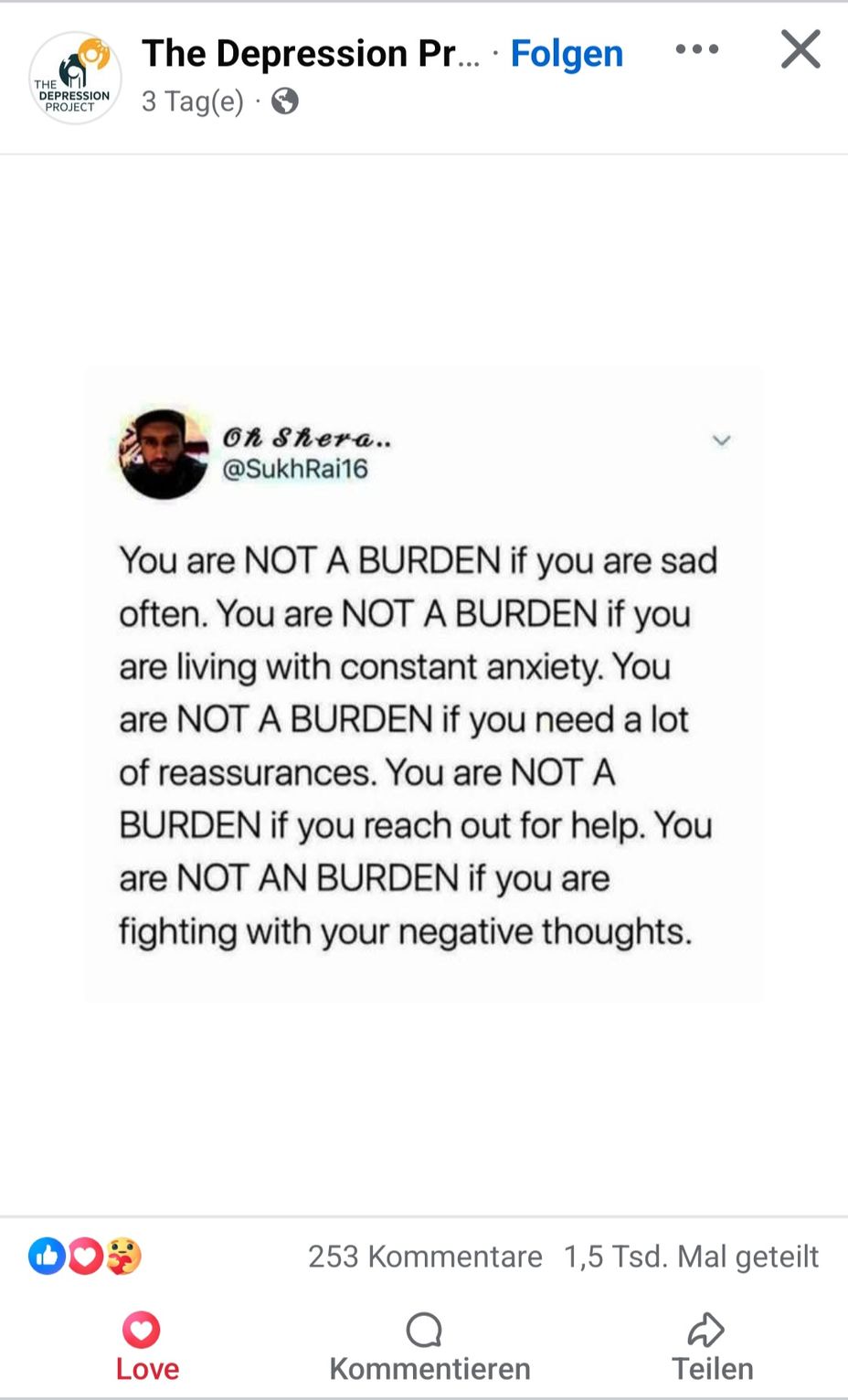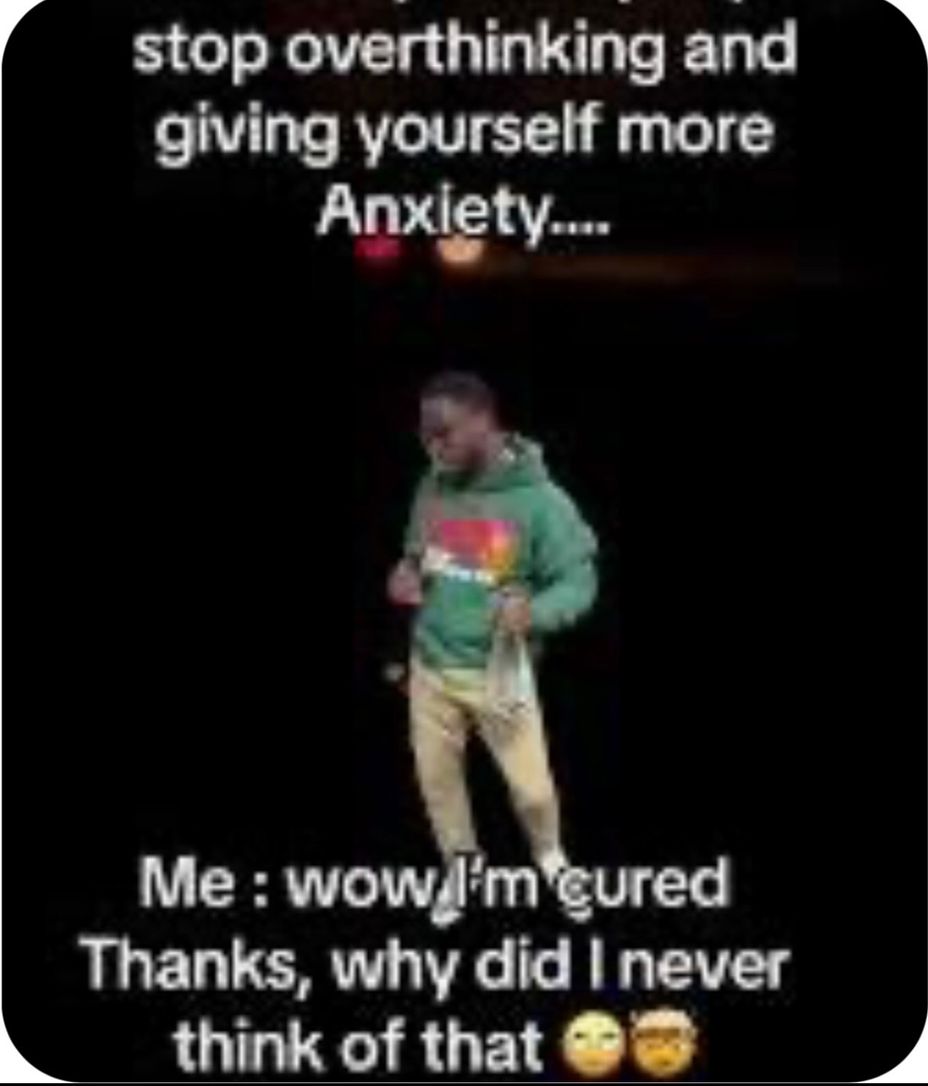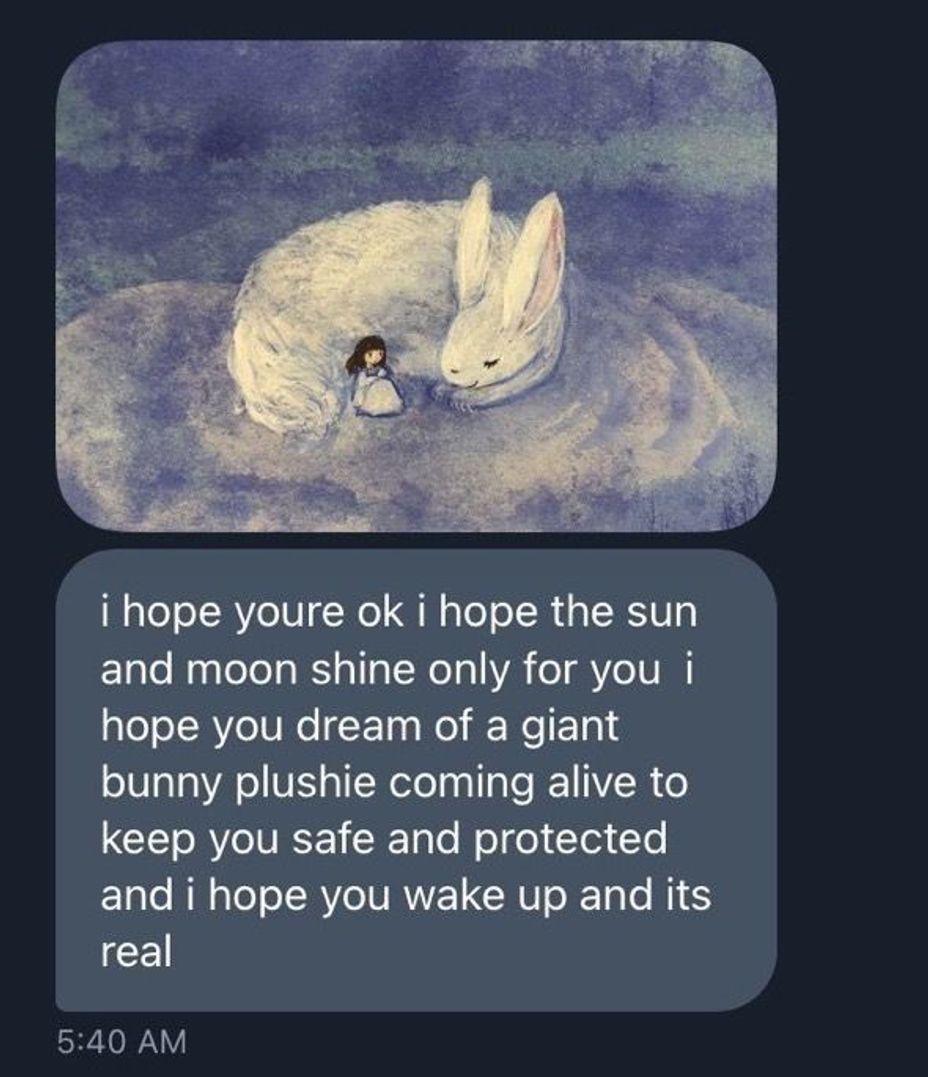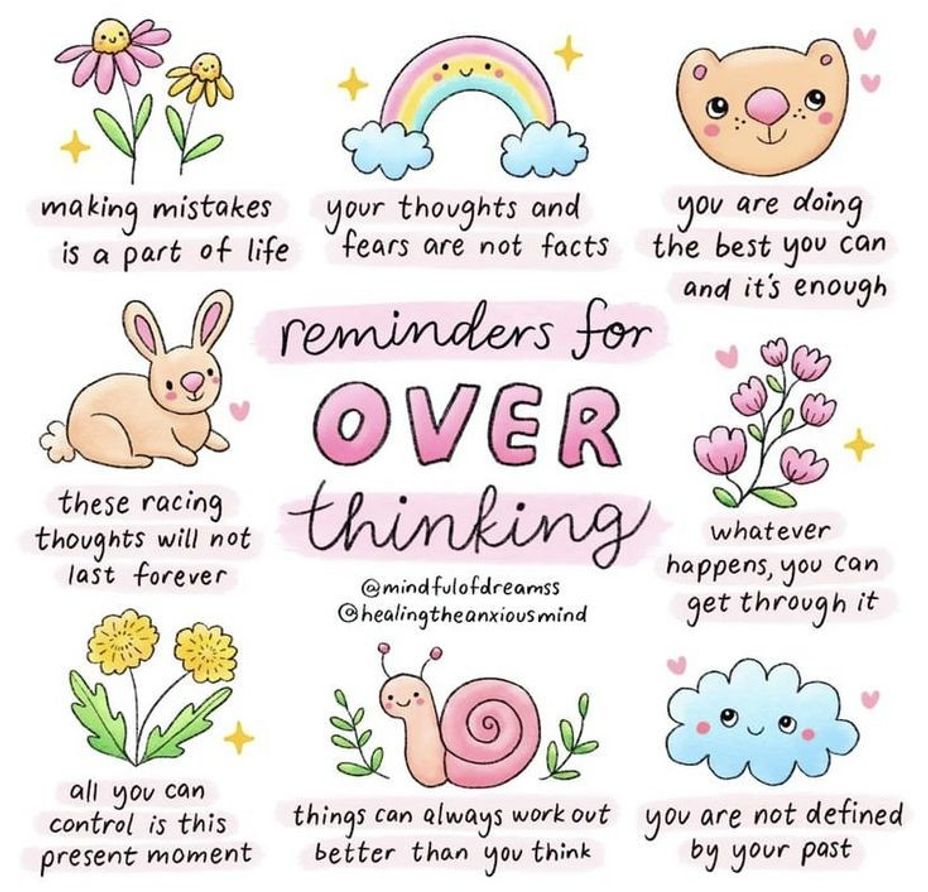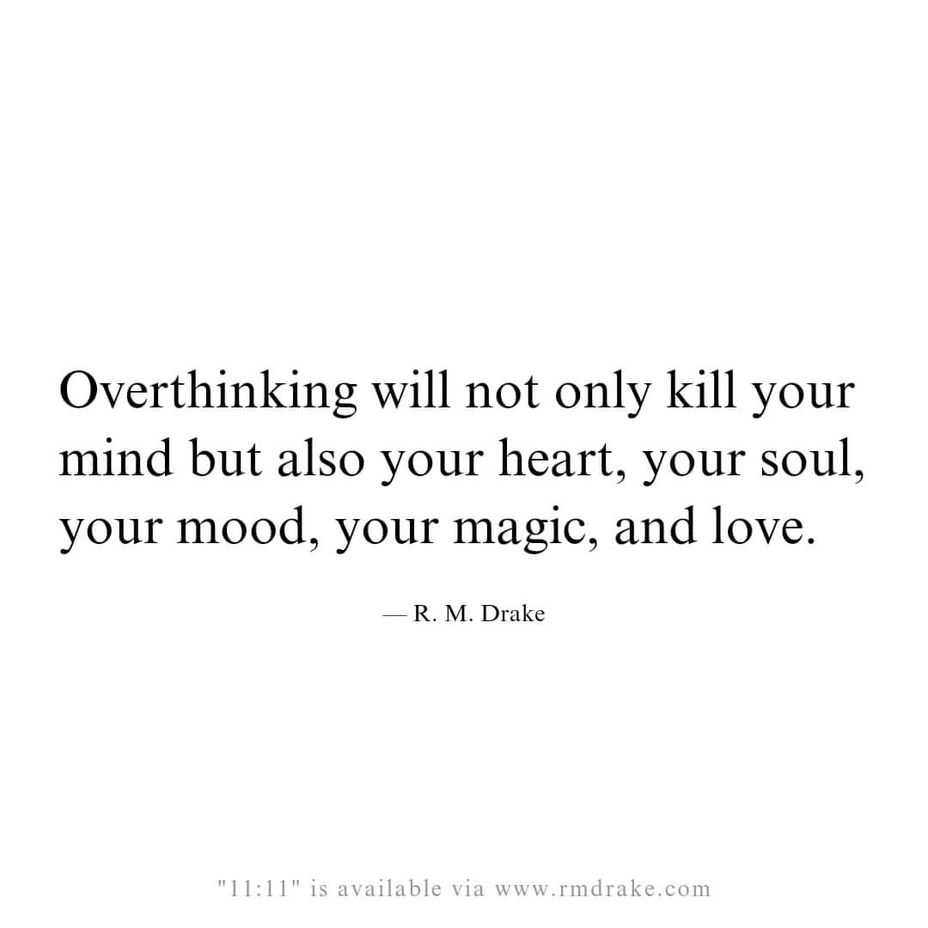As an overthinker, you often find yourself trapped in an endless loop of “what ifs.” You craft elaborate stories—fictional yet convincing—about the past and the future, spinning tales that stir anxiety and blur reality. These mental short films, often horror or psychological thrillers, play on a loop in your head, creating a prison of possibilities that rarely, if ever, come to pass.
Where does this leave you?
It leaves you steeped in doubt, isolated, paralyzed by fear of the unknown. It chips away at your spirit, slowly, quietly. I know, because I’ve lived it. I’ve been the victim of my own thoughts, the architect of my own destruction. I built the walls, locked the door, and swallowed the key.
When you spend long enough in that mental darkness, you begin to believe it’s your only reality. You attract the worst-case scenarios, almost summoning them, just to prove yourself right: “I knew this would happen.”
A few years ago, things reached a tipping point. I could no longer control the spiral. My mind raced around the clock, like a glitching computer with a thousand error tabs blinking at once. It was relentless. Exhausting. Terrifying.
But one day, I asked myself: Why does my mind control me?
The brain is powerful—yes—but it’s my brain. An organ I had trained for years to see only the danger, the flaw, the failure. And if I had the power to train it that way, perhaps I still had the power to rewire it.
So I stopped fighting my overthinking and began redirecting it. I realized I was already skilled at analyzing, predicting, noticing the smallest details. What if I used those same skills in service of hope rather than fear?
What if, instead of “What if it goes wrong?” I asked, “What if it goes right?”
Instead of “I’m sure I’ll fail,” I told myself, “I’ll give it everything I’ve got.”
Instead of obsessing over worst-case scenarios, I started imagining the best-case ones.
And slowly, everything shifted.
I haven’t silenced the chaos entirely—I still have moments—but I’ve flipped the script. I tricked my brain into working with me, not against me. And day by day, almost magically, I began to dream again.
I started fantasizing about the life I once thought was lost to me. I began to see opportunities instead of obstacles. I took action. I replaced that suffocating feeling of being stuck with a quiet but persistent sense of hope—delusional, maybe, but illuminating.
Now, I live in a different kind of “what if.”
And to you, the one reading this:
Maybe it’s time you start writing your best-case-scenario “what ifs.”
#imnotavictim #overthinking #MentalHealth
